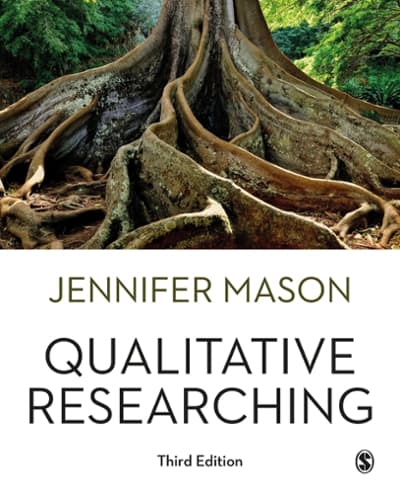Answered step by step
Verified Expert Solution
Question
1 Approved Answer
Consider Kant's critique of happiness as an ethical principle. Why does he think that happiness (or well-being) fails to provide an adequate standard for morality?
- Consider Kant's critique of happiness as an ethical principle. Why does he think that happiness (or well-being) fails to provide an adequate standard for morality? What is his alternative? Why does he think it is preferable? Finally, does 'happiness' as Kant understands it correspond to happiness as Aristotle understands it? Explain.
- Explain Kant's 'categorical imperative' and the way in which it, and its main versions, function as principles of morality. First, how does a categorical imperative differ from other kinds of imperatives, especially those that determine the proper employment of skill (technical imperatives) and the 'counsels of prudence' (pragmatic imperatives)? Next, consider the various versions of the categorical imperative that appear in theGrounding, especially in the Second Section, and explain how they fit together as distinct expressions of different aspects the same principle.
- Consider Kant's account of the ethical significance of free will. The autonomous will is taken by him to be the absolutely central condition of any moral life, and also as that which makes us subject to a set of unbending moral obligations. Explain how this is the case for Kant, and how it is the will that makes the difference between ends and means, and determines that all others should be treated as ends. Explain Kant's argument that this principle that the will is an end in itself could be seen the basis of a moral community. How does all of this lead to an ethics that stresses the obligations to others over obligations to self (in the form of 'well-being')?
- Consider Mill's 'greatest happiness principle' or 'principle of utility,' and his account of how it functions as a moral standard, a "criterion of right and wrong" (1) as Mill puts it at the beginning ofUtilitarianism. Explain the principle. How does Mill connect the principle to pleasure? How does he distinguish the pleasure that the principle of utility affirms from 'base' pleasures, and how does he argue that following the principle of utility does not amount to simple selfishness?
- Consider Mill's criticisms of Kant's ethics, and especially of the ability of the 'categorical imperative' to function as a criterion of morality. Mill argues consistently that the notion of moral duty that is so important to Kant cannot really be divorced from empirical considerations of utility and specific, habitually formed sentiments about what is right and wrong (and thus from empirical questions of expedience, framed in terms of happiness) (see 2, 29-32, 39-41, and 52-53). Explain his objections, showing which points in Kant you take him to be responding to. (You might also want to consider Kant's likely responses, especially to set up your discussion of the next point.) Is Mill simply misunderstanding Kant, or does his critique point to a real inadequacy in Kant's thinking? Explain.
Consider Mill's account of the origin of the idea of justice, and his claim that it can be accounted for through the principle of utility. Explain his distinction between what is imprudent (or inexpedient) and would be rejected by the principle of utility, what is morally wrong, and what is unjust. How does Mill arrive at and justify this distinction? Does it succeed in resolving the objection that utilitarian principles would not prevent tyrannical acts against individuals in the name of the 'greatest good for the greatest number?'
Step by Step Solution
There are 3 Steps involved in it
Step: 1

Get Instant Access to Expert-Tailored Solutions
See step-by-step solutions with expert insights and AI powered tools for academic success
Step: 2

Step: 3

Ace Your Homework with AI
Get the answers you need in no time with our AI-driven, step-by-step assistance
Get Started


